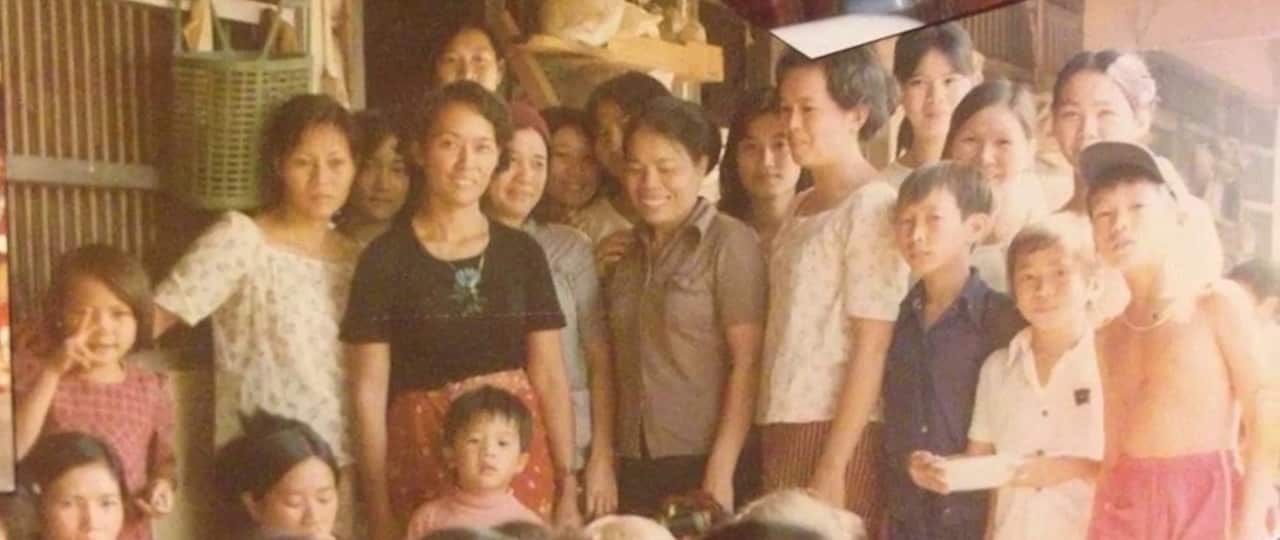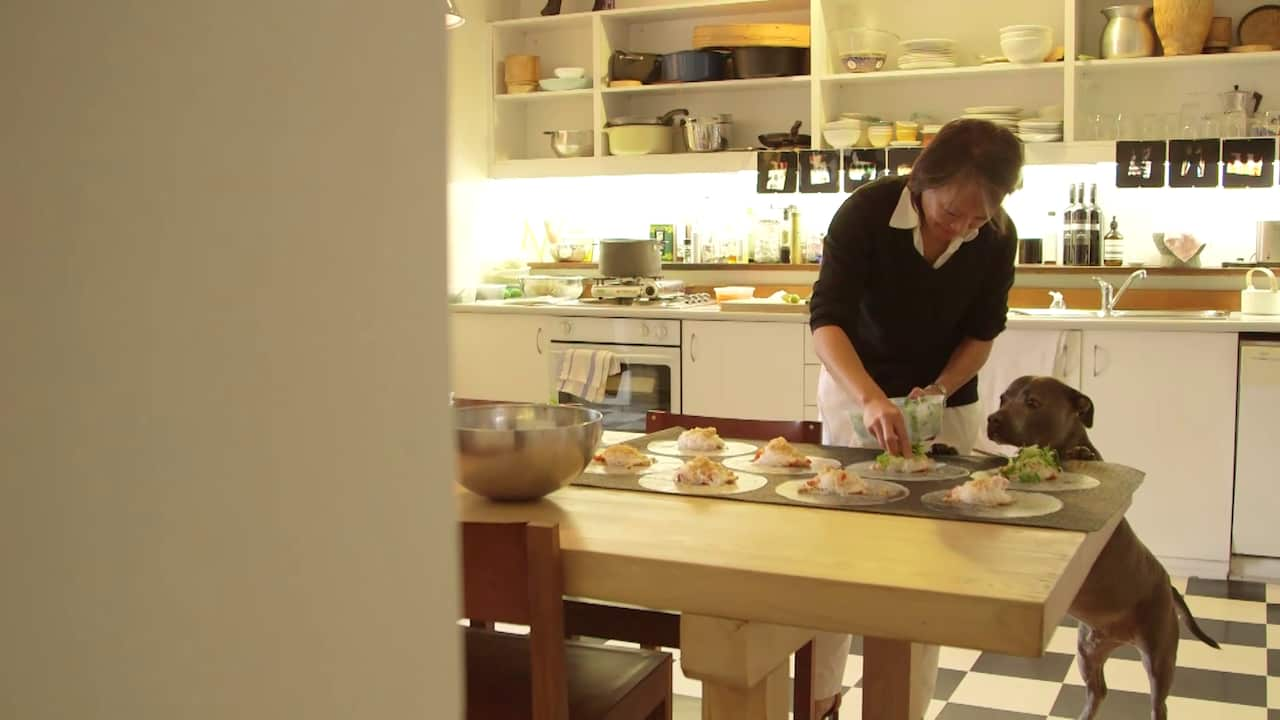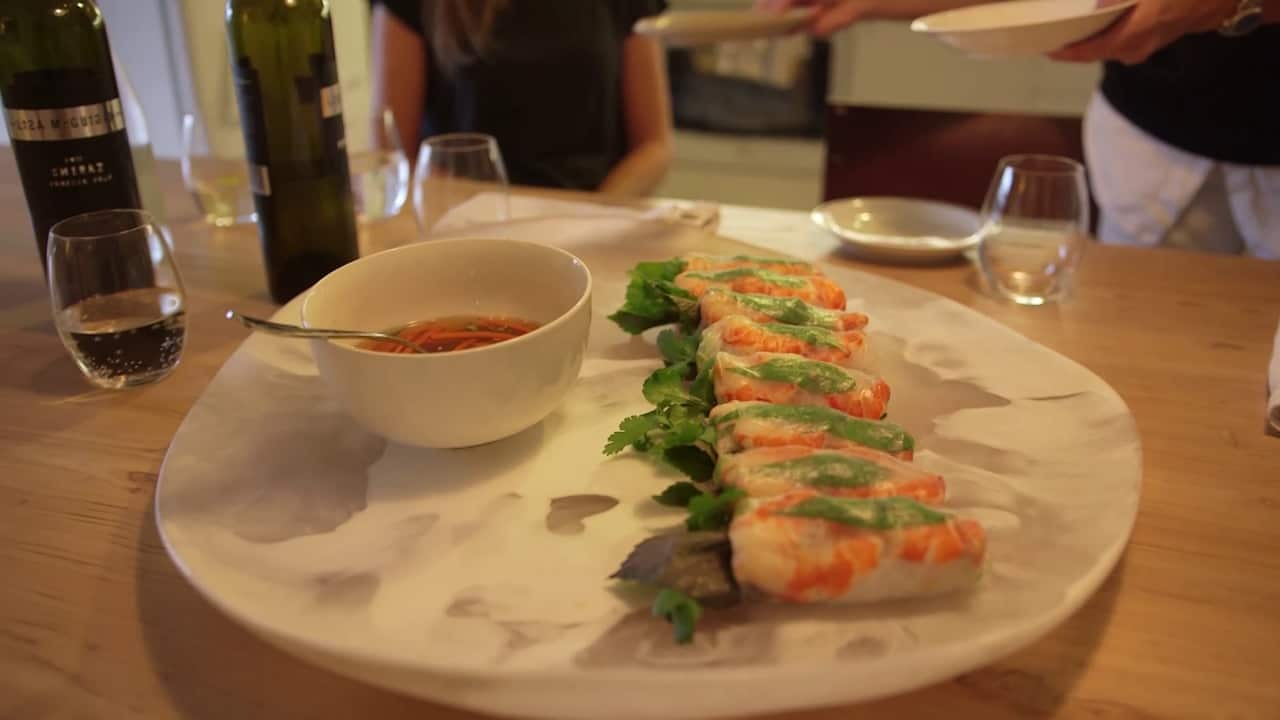Nahji Chu has had a roller coaster ride, both in life and business.
Escaping Laos as a five year old, her family were among some of the first Vietnamese-Laos people to arrive in Australia.
" We crossed the Mekong River in the dead of night, without oars because you didn’t want to make it look obvious. We made it to the Thai border, when this boat came out and basically said stop right there or we'll shoot you," she says. "I remember having been taken to jail. And we must have been in jail in really squalid and damp conditions for three months. Then we were let go, we made our way through the jungle, enlisted as refugees in a Thai refugee camp."

It was there that she bumped into her mother, purely by chance. The fractured family was reunited.
Once in Australia, it was an aunt's advice that sowed the seeds of her entrepreneurial spirit.
"[She] always said, work for yourself, don't work for others. We all have to eat - it’s a sure bet," Nahji recalls.
Nahji Chu becomes Miss Chu
Nahji set up Miss Chu in 2007, with the first two years focused on supplying rice paper roles, dumplings and Peking duck pancakes to major caterers in Sydney. By 2009, her reputation for serving delicious Vietnamese food was growing.
"Friends or people, customers would say, 'you know everyone is talking about you?' And I’m like 'really?' I’m just here seven days a week, working constantly."
As the business grew to include tuckshop locations, she began implementing systems to make operations run smoother.
"I started designing an online system.... I ended up devising a delivery system which was electric bikes. I was the first person in Australia to do so. [And the] first person in the world I think to have developed a Vietnamese food app."

Then, she made a decision that would ultimately prove disastrous: expanding to the UK.
"Going to London was probably a really massive ego thing that I did" she admits. "I shouldn’t have gone there without doing proper research. I went there with gut feel, I knew that Vietnamese food would take off in London. It was a gutsy move. It led to my demise, definitely, because it was very costly."
When business became personal
The move eventually forced the business to go into voluntary administration, a process Nahji describes as personal and awful. She no longer owns the brand or draws an income from it. "That hurts," she says. "It's sailing without me. That hurts."
She hopes other businesses can learn from her mistake - but she doesn’t want to scare people away from taking chances either.

"It’s a fast life being an entrepreneur and it’s an exhilarating and rewarding life, but you have to be prepared for challenges and losses," she says. "Read your contract and make sure you get two pairs of eyes on it. Just be really careful, do the research, hire the right people."
After pausing to consider what she would have done differently, she says, "put in a CEO much sooner. A really experienced one."
A lesson learned the hard way.
Sharing business secrets of inspiring entrepreneurs & tips on starting up in Australia's diverse small business sector. Read more about Small Business Secrets
Have a story or comment? Contact Us


